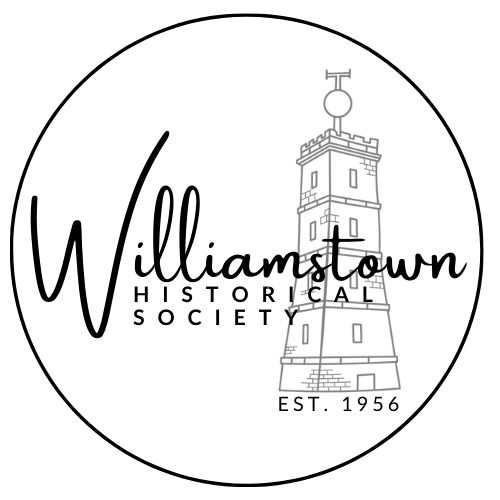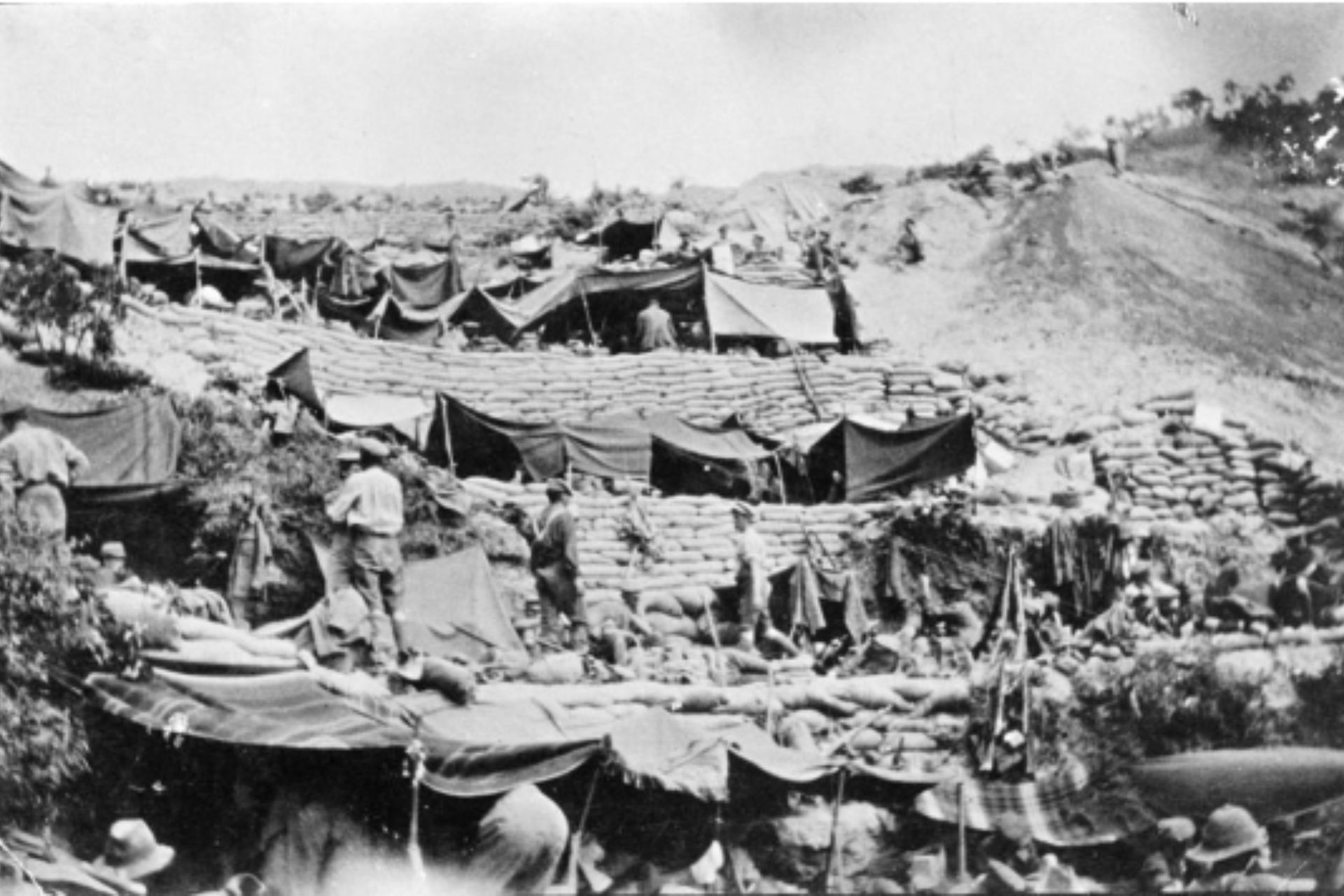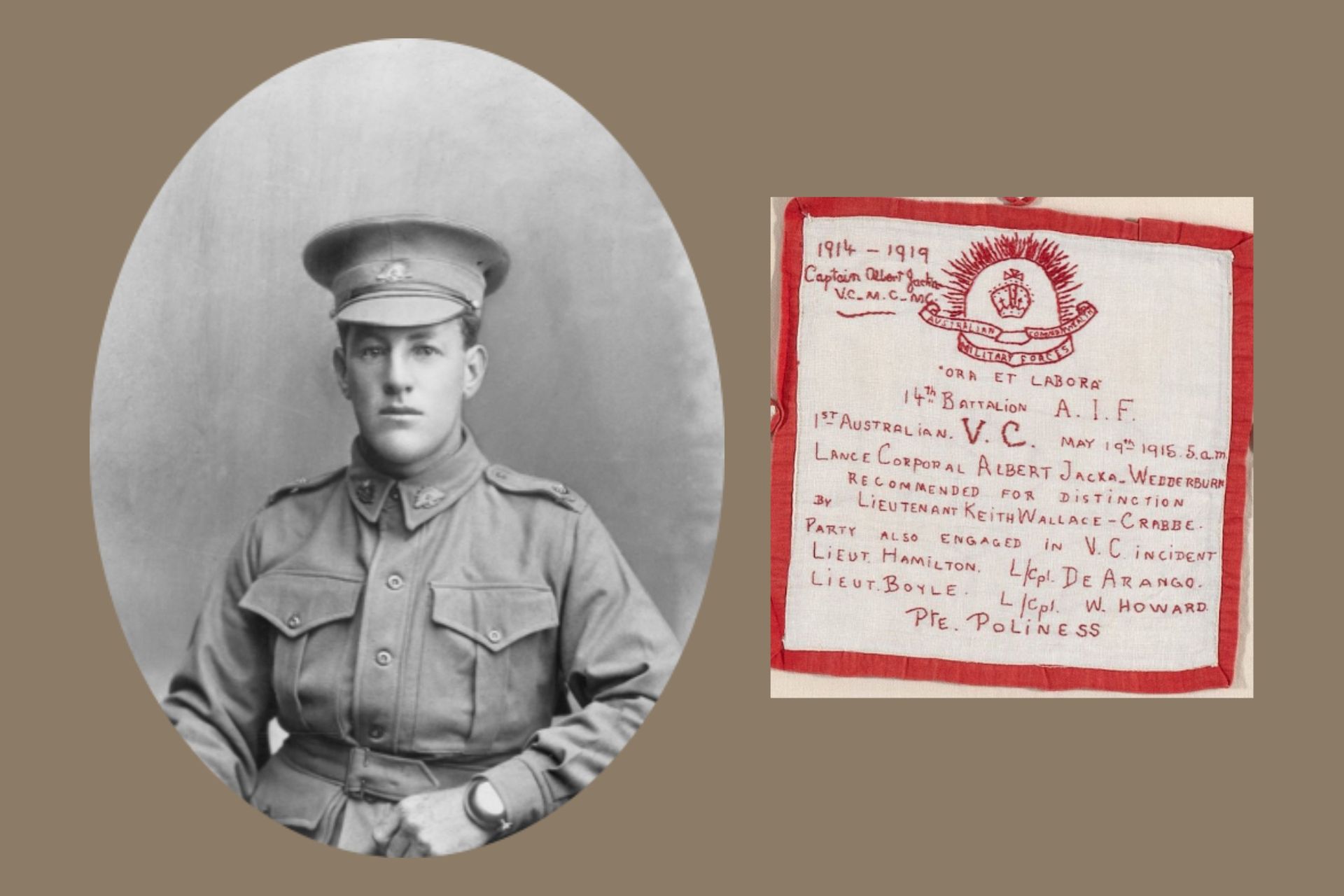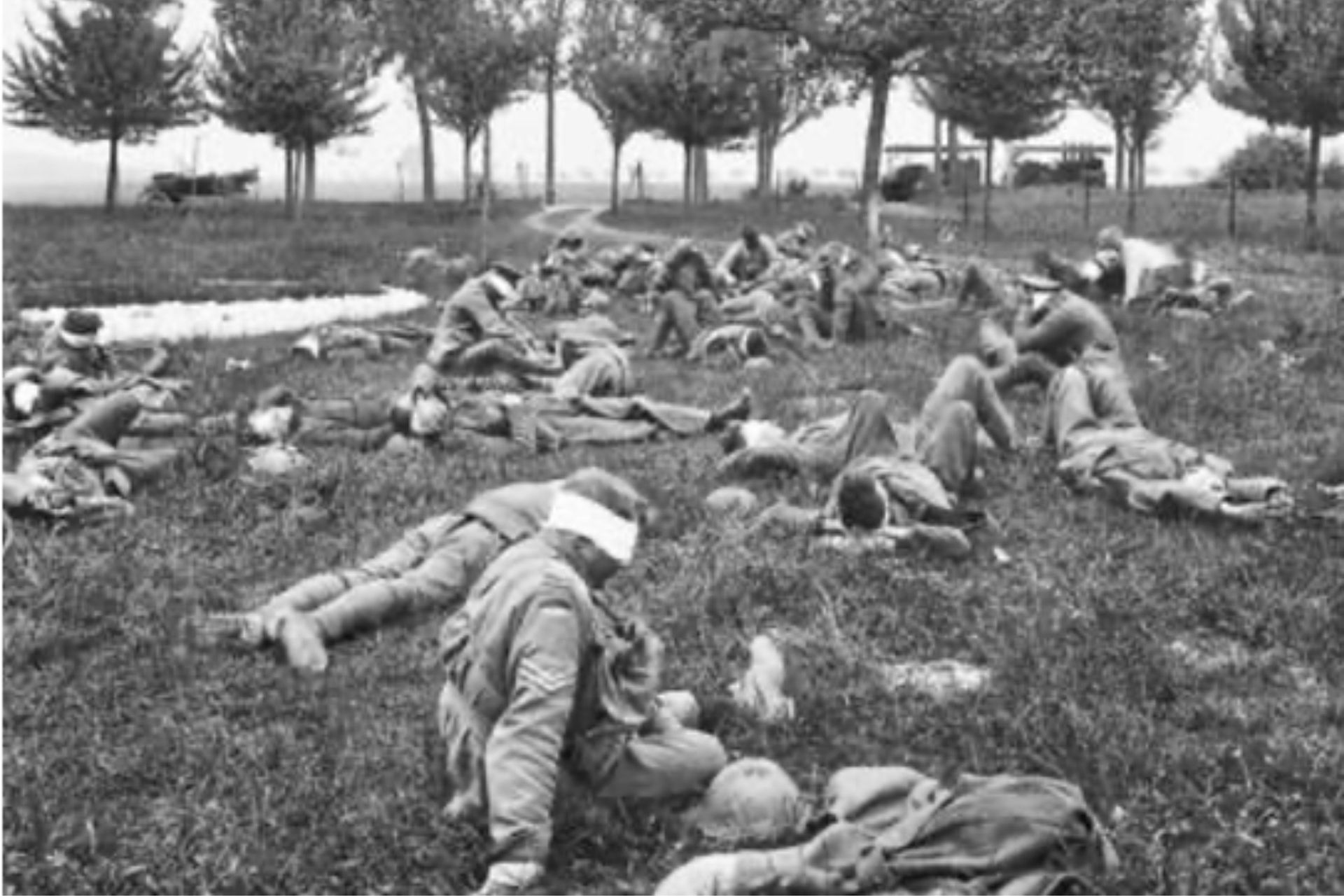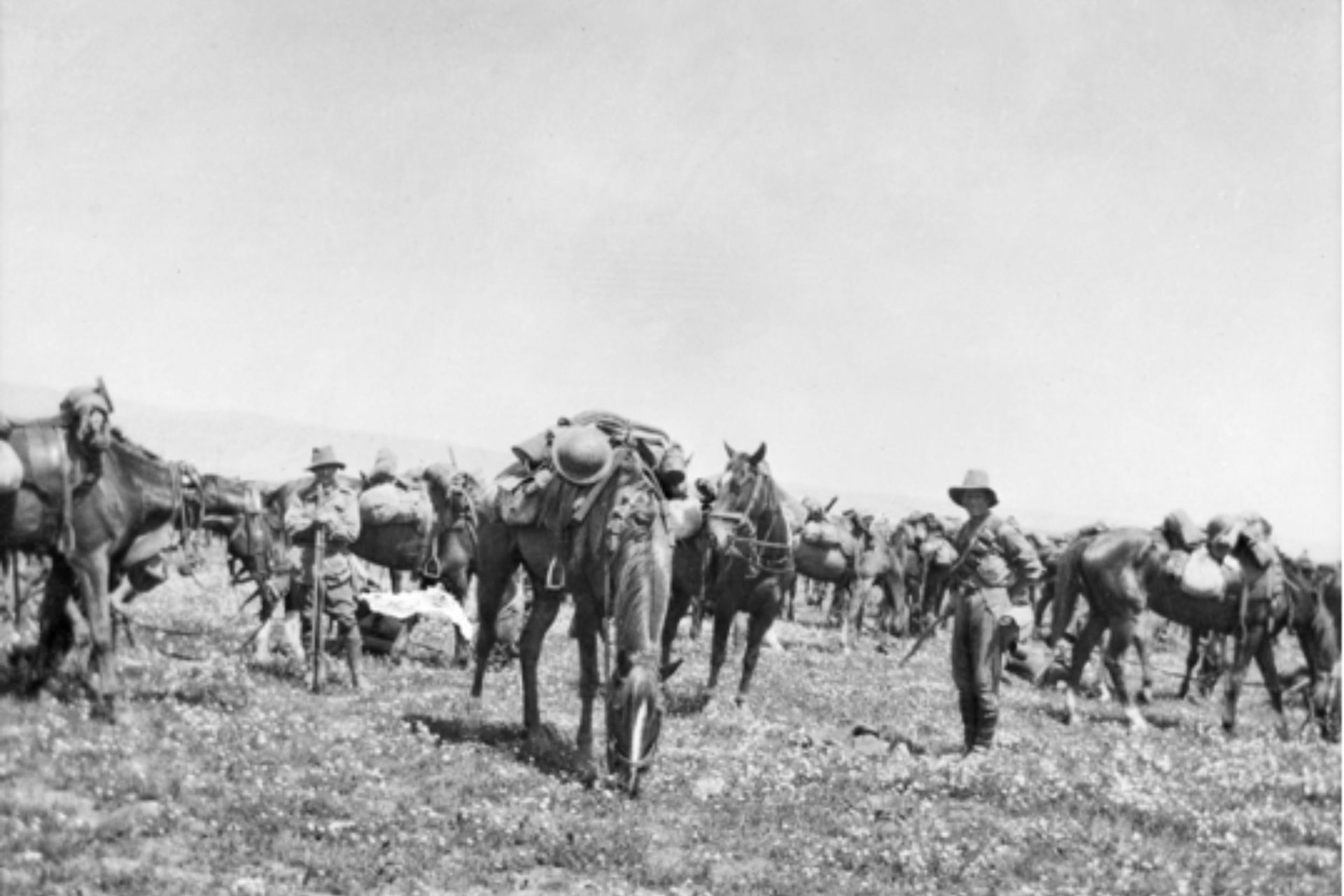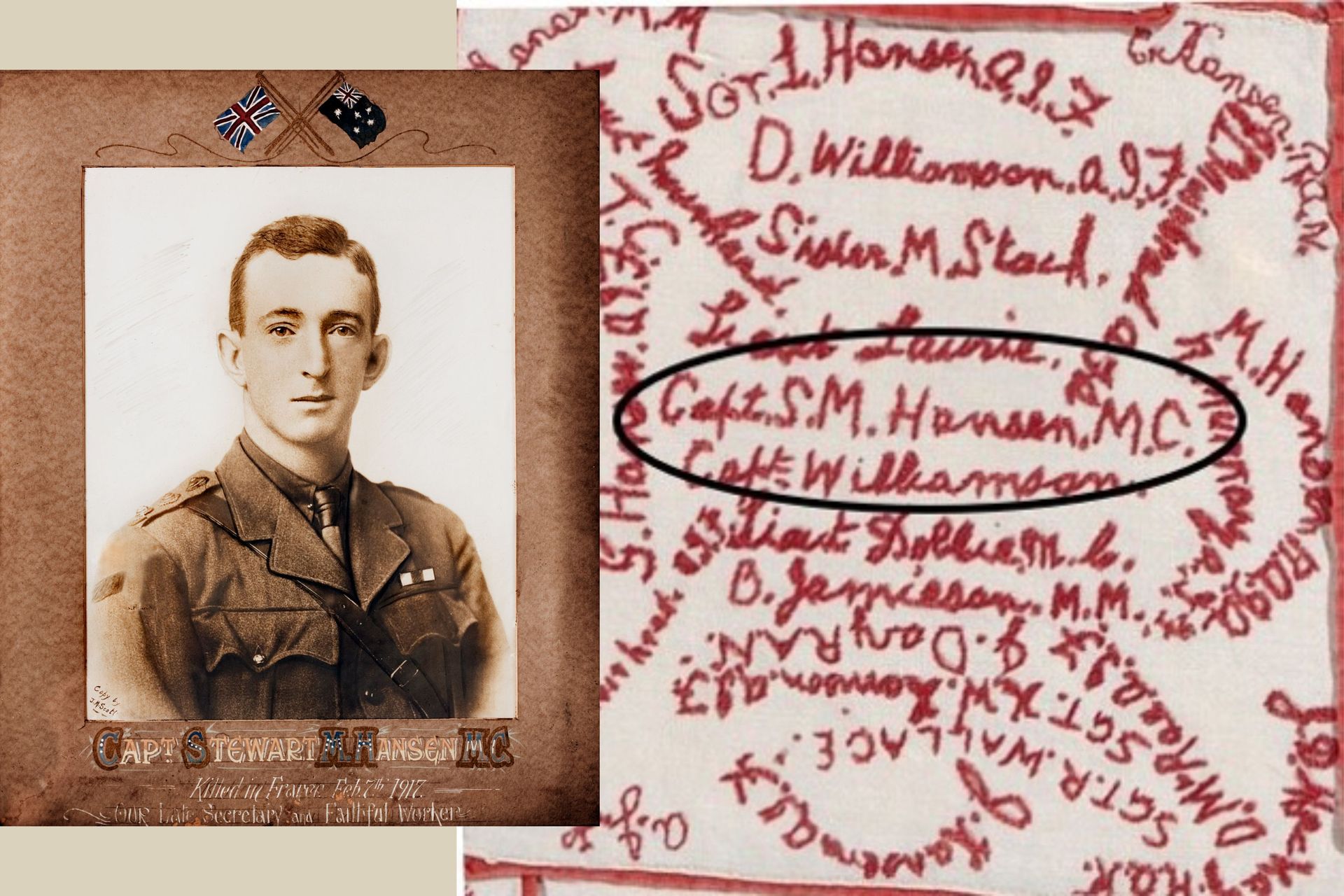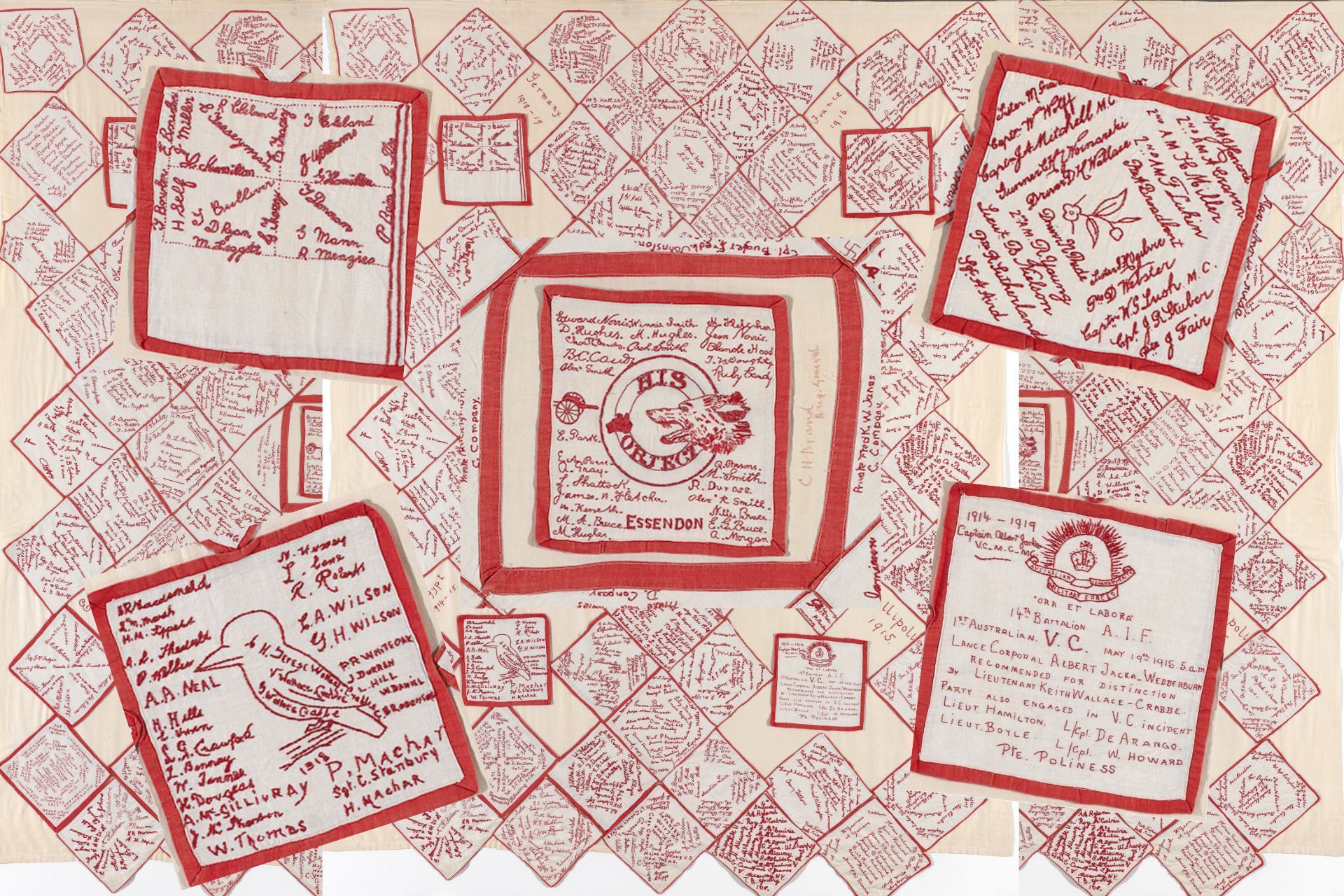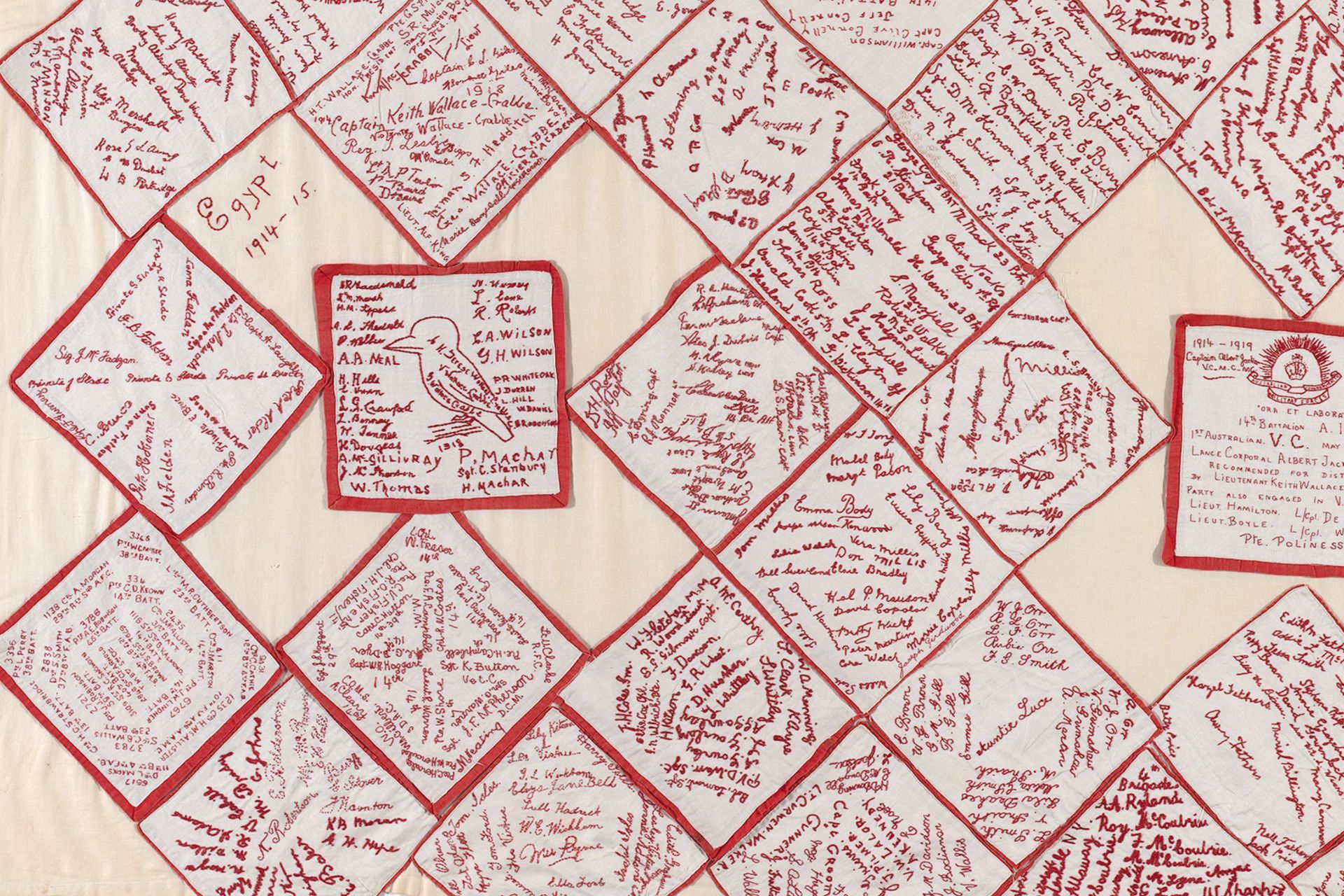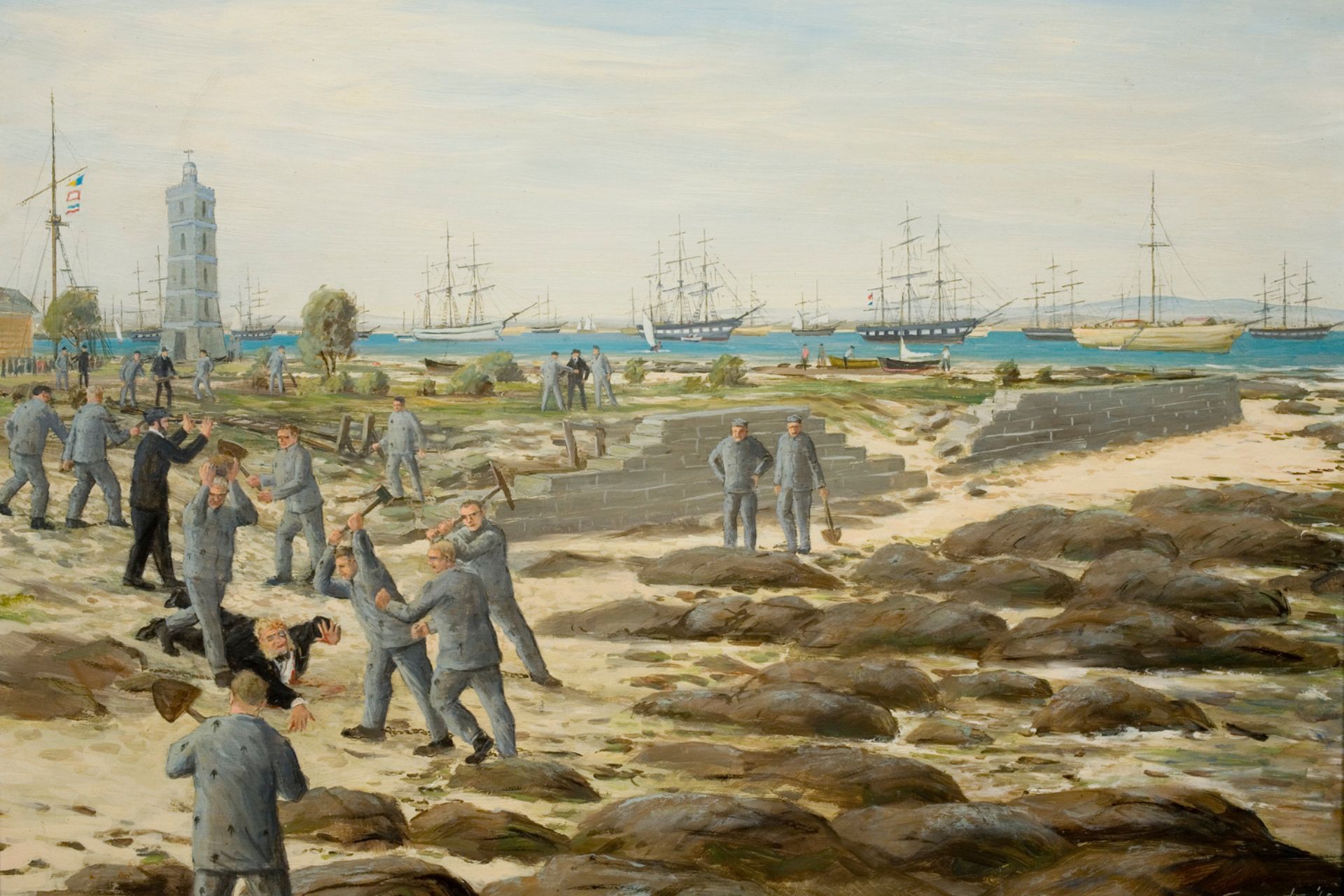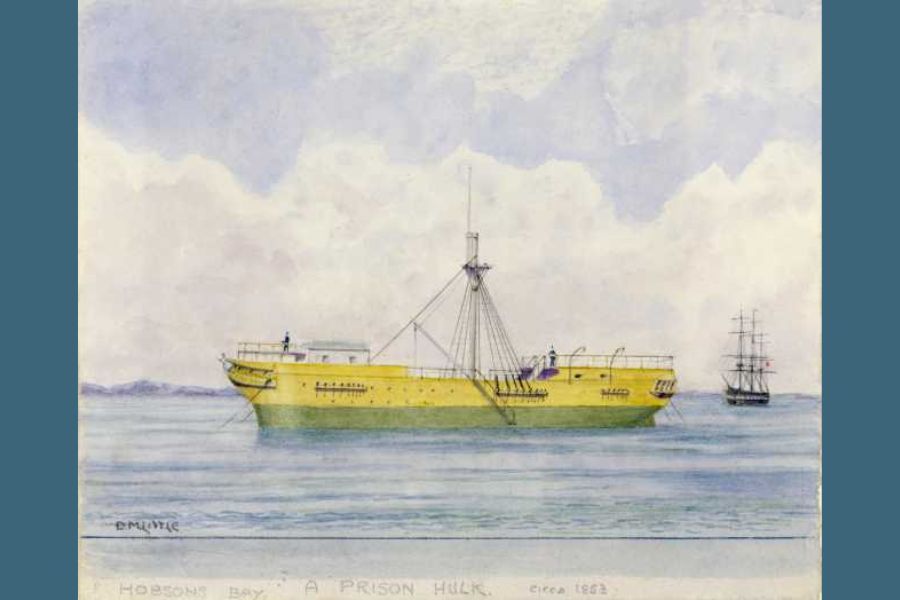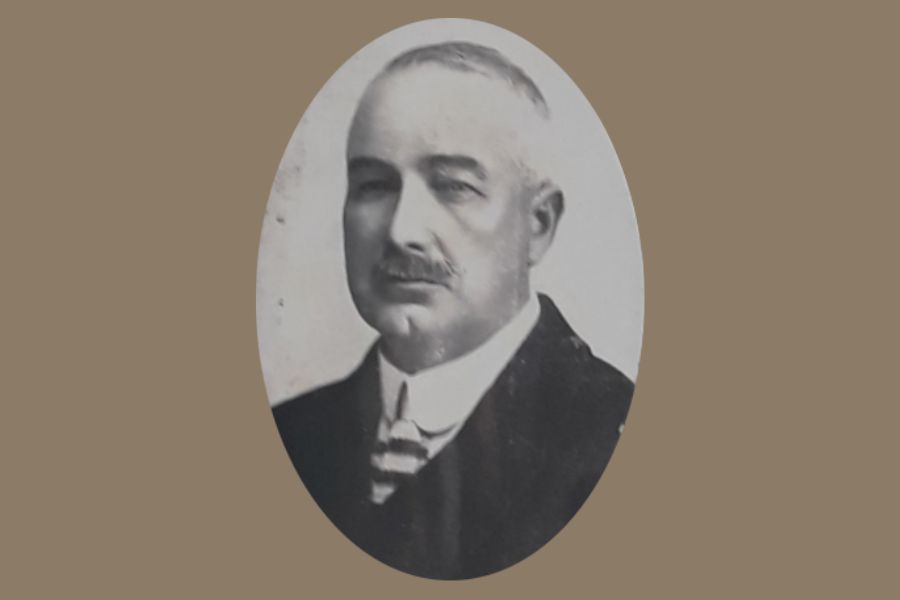
From humble beginnings as a barber, to sportsman and a leader
Born:21 September, 1872, Ireland
Arrived: in Australia c.1883
Died: 12 April, 1944
John James Liston was born on 21 September 1872 at Granny, Roscommon, Ireland, son of John Haire Liston and his wife Mary Ann, née McNamany. By the late 1870s the family were living in Liverpool, England. The family migrated to Victoria around 1883 and settled in Williamstown
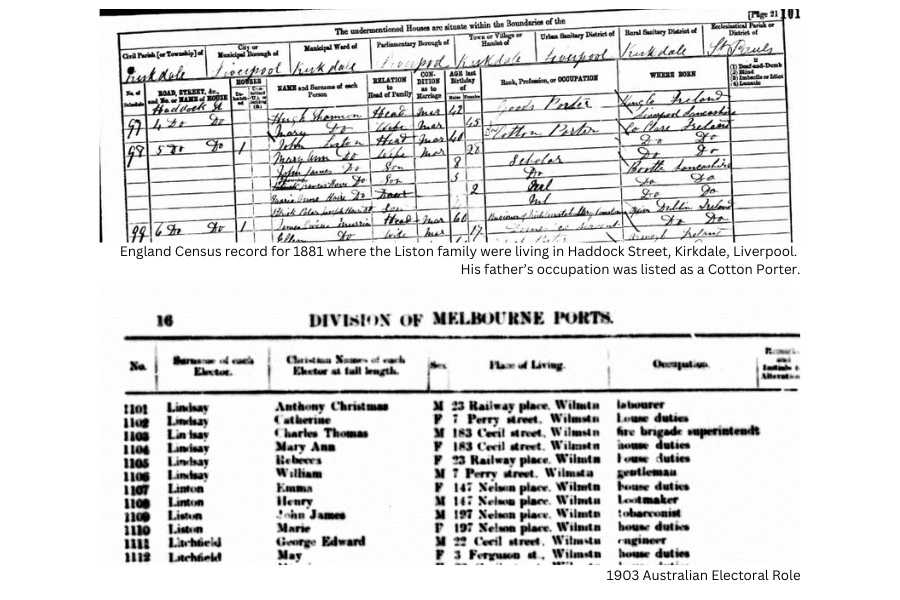
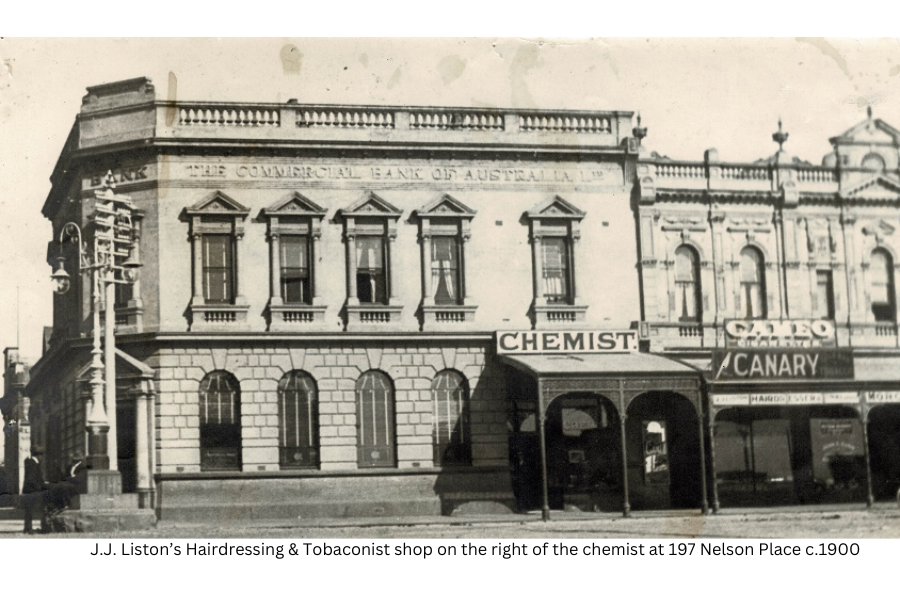
In 1892 they were living at 6 Swanston Street, Williamstown. The house no longer exists as it was demolished to make was for Bayside College in Kororoit Creek Road.
After his education at St Mary's Parish School, the young Liston became a hairdresser. A member of the Catholic Young Men's Society, he was an outstanding debater and a keen sportsman; he played for Williamstown Football Club and in 1889 joined the Williamstown Racing Club. He was to head both organizations (the Football Club in 1923-33, the Racing Club in 1939-44) and become a prominent racehorse-owner. His barber's shop at 197 Nelson Place was remembered as 'a sportsman's bureau' and in the 1903 Australian Electoral Role was listed as a ‘Tobacconist’.
J.J. Liston stood for the Williamstown Council in 1897, revealing 'an astonishing grasp of municipal affairs' but lost the election by two votes. Next year he was returned unopposed. He became Mayor in 1901-02 (the youngest in the State) and again in 1913-14. By 1906 he had sold his hairdressing business and was licensee of the Customs House Hotel and that year was appointed secretary of the Liquor Trades' Defence Union, based in Melbourne.
He married milliner Eva Emily Roberts (1888-1928) on 3 August, 1910 at St Mary's Catholic Church, West Melbourne. They went on to have four children – John Ernest Liston (1911-1954), George William Liston (1913-1913), Andrew Charles Liston (1915-1920) and Ward Joseph Liston (1919-1945). His youngest son, a Flying Officer in the Royal Australian Airforce, died near the end of the war and is buried in Ambon, Maluku, Indonesia. In 1914 the family were living at 93 Hanmer Street, Williamstown.
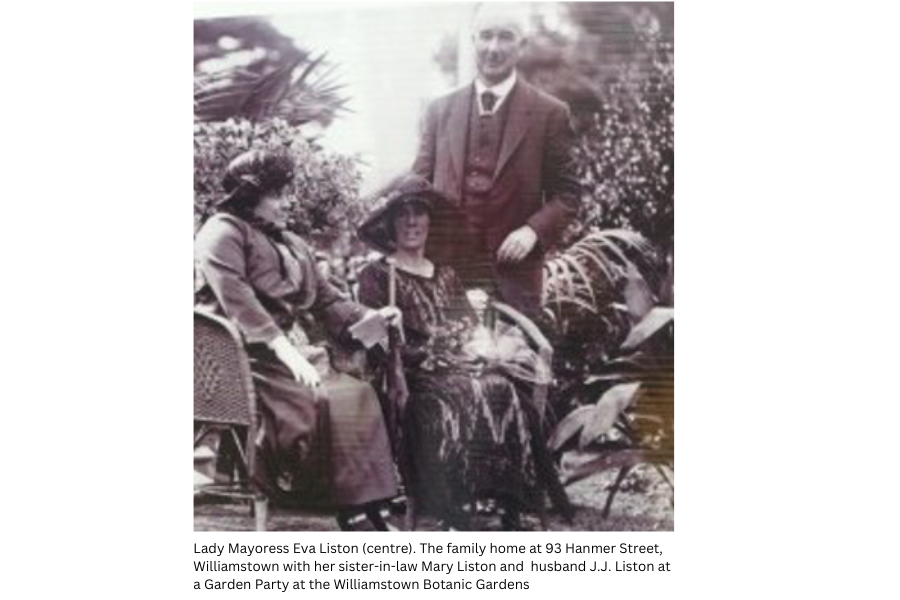
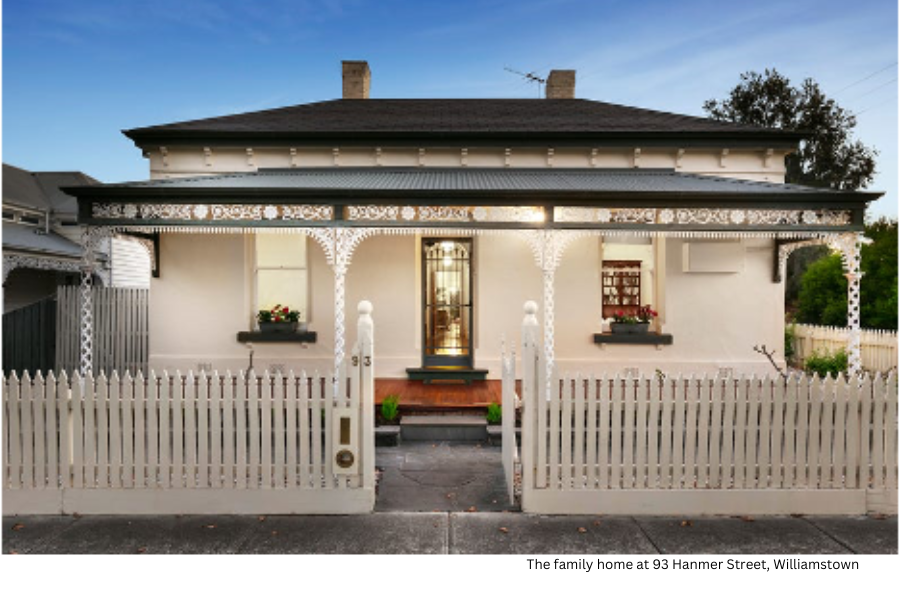
Liston was the representative on the Melbourne Harbor Trust in 1909-13, and sought public works for his area, expressed strong protectionist views and urged the Harbour Trust to build its own ships at Williamstown. Even before his five successive mayoral terms in the 1920s it was said that he ran the town. Chairman of the Finance and Lighting Committee, in 1907 he persuaded the council to light the suburb with electricity and take over its supply. The financial success of the venture led to a new town hall and the purchase of a theatre and ferry steamer.
In 1918-30 he was Williamstown's representative on the Melbourne and Metropolitan Board of Works; he was the northern and western suburbs representative on the Metropolitan Town Planning Commission in the 1920s; and in 1923-31 he was a Melbourne City Councillor and for six years Chairman of the Traffic and Building Regulations Committee. A supporter of a Greater Melbourne Council, in 1931 he was defeated by one vote for the position of Lord Mayor.
After his first wife’s death in 1920 he married May Livingstone Ward (1888-1963), on 15 December, 1930 at St Patrick’s Cathedral, East Melbourne. May was the daughter of Michael Joseph Ward and Isabella Ward (nee Livingstone) of Williamstown.
He devoted an extraordinary amount of effort to public service, bestowing patronage on sporting and charitable associations and performing unpublicised acts of kindness during the Depression. He was a trustee of the Port Phillip Pilots' Association and of the Melbourne Cricket Ground and president of both the Victorian Soccer and Victorian Football associations.
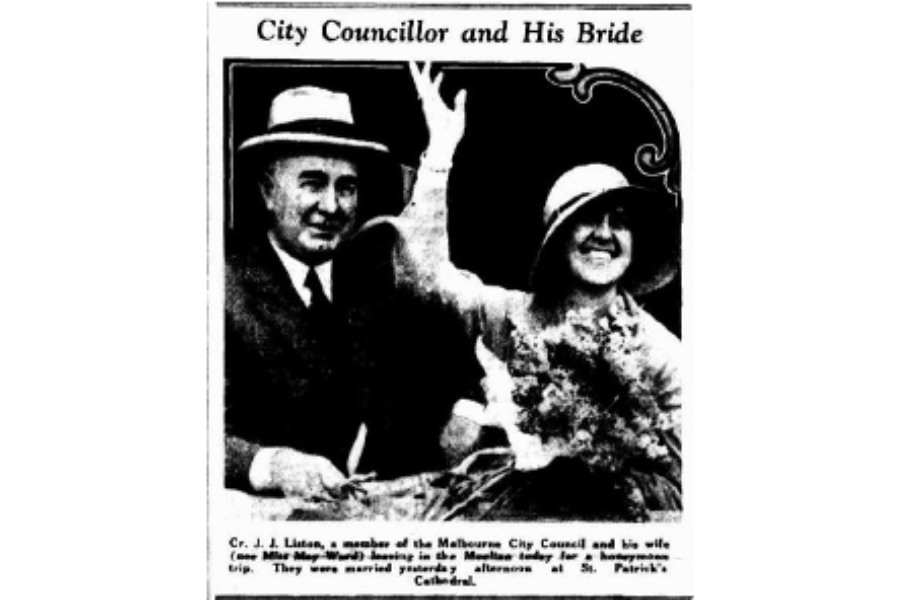
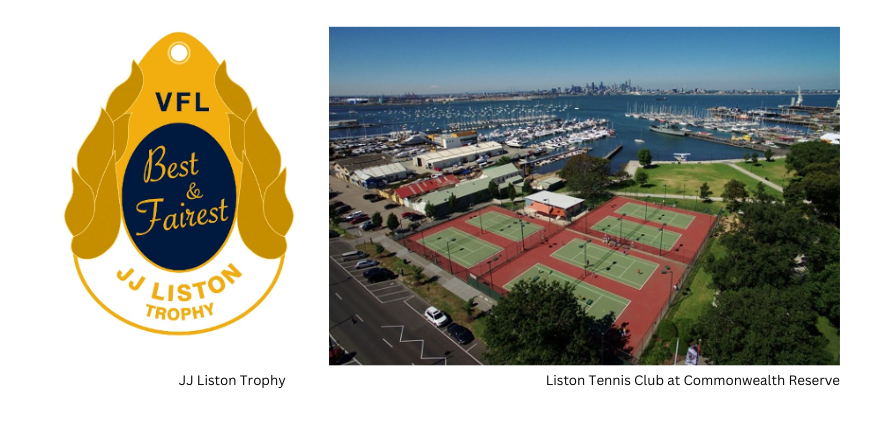
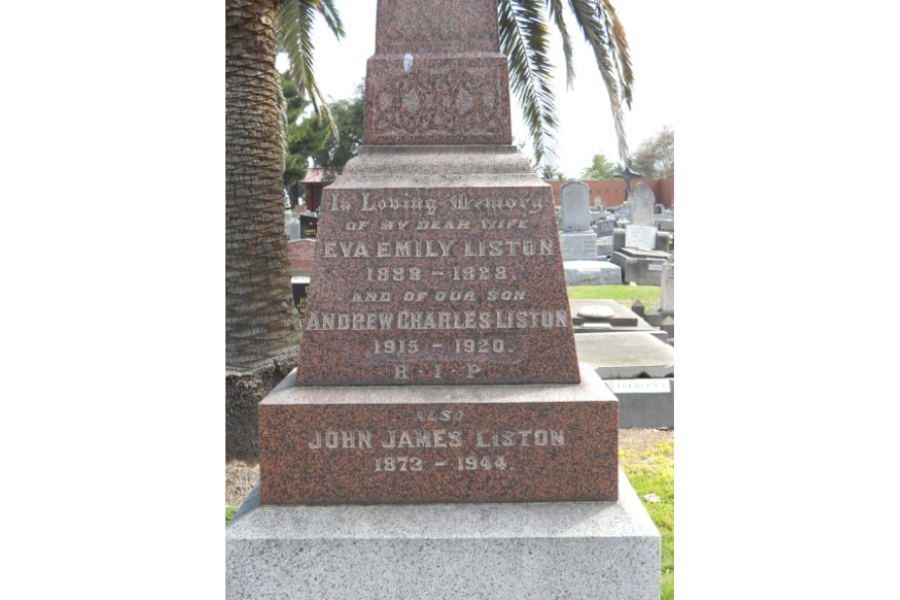
There is a bust of him in the Williamstown Town Hall and the Williamstown Historical Society holds a portrait of him.
The J.J. Liston Medal (originally a trophy), for the best and fairest player in the Victorian Football Association was established in his honour in 1945 as was the horserace, the J.J. Liston Stakes, from 1949 to 2010. The J.J. Liston Reserve and Liston Tennis Club in Williamstown are also named after him.
J.J. Liston died of heart disease at Cliveden Mansions, East Melbourne, on 12 April, 1944 and he is buried in the Williamstown Cemetery.
USEFUL LINKS
CONTACT
+61 3 9397 1534
williamstownhistsocietyvic@gmail.com
100 Douglas Parade
(PO Box 189)
Wiiliiamstown VIC, 3016
Australia
All Rights Reserved
Williamstown Historical Society
FOLLOW US ON SOCIALS
ACKNOWLEDGEMENT OF COUNTRY
We acknowledge the Bunurong People of the Kulin Nation as the traditional owners of these lands and waterways and pay our respect to Elders past and present.
